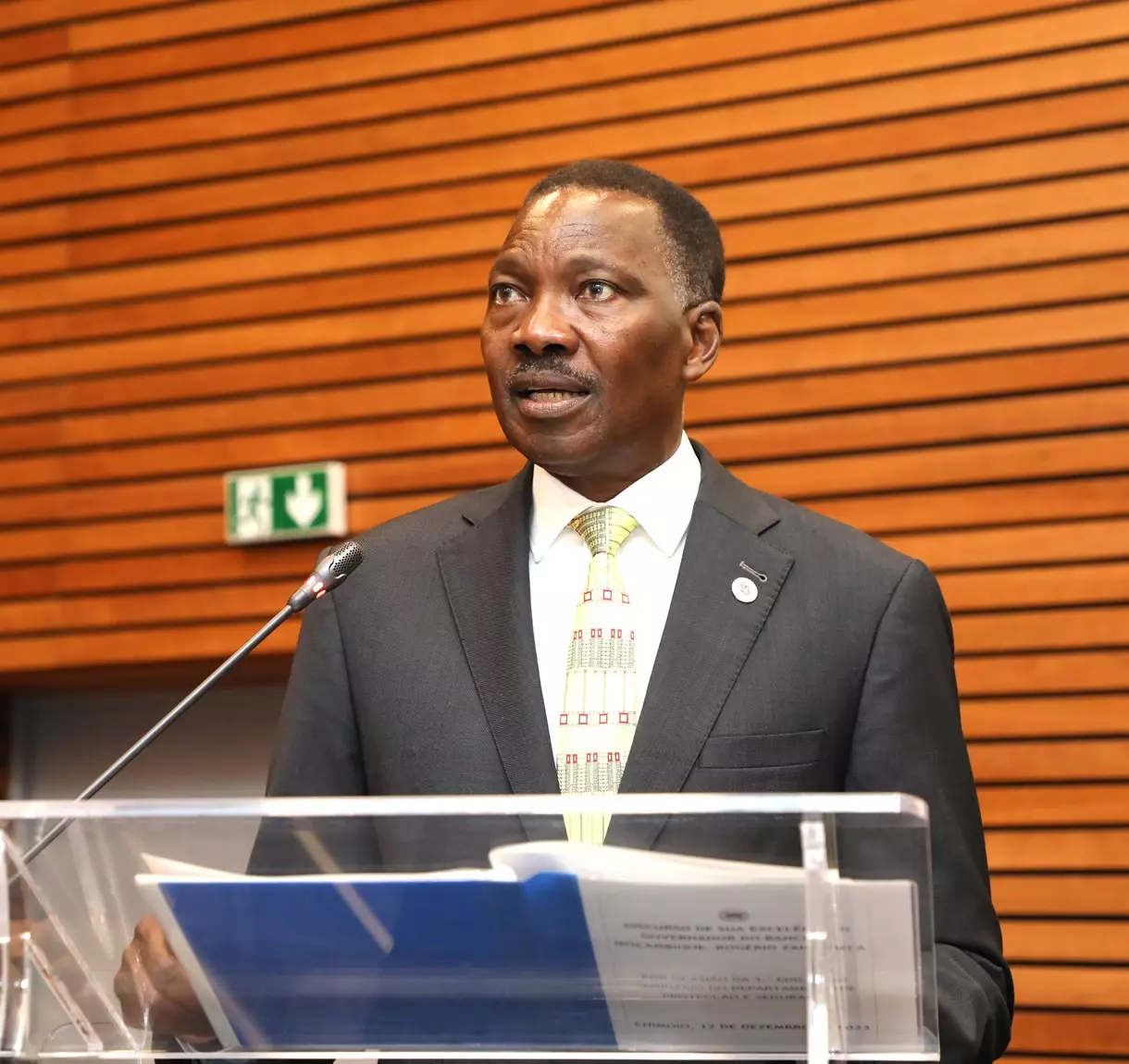The Monetary Policy Committee of the Bank of Mozambique (CPMO) announced the reduction of the monetary policy interest rate (MIMO) from 17.25% to 16.50%. This decision reflects the prospect of inflation remaining in single digits in the medium term, as well as a more favorable assessment of the risks and uncertainties associated with inflation projections.
The governor of the central bank, Rogério Lucas Zandamela, had already indicated the possibility of adjusting monetary policy due to the containment of price increases, according to a letter sent to the International Monetary Fund (IMF). Inflation in Mozambique has returned to the center of the target, leading the Bank of Mozambique to carefully monitor the need to adjust monetary policy in order to maintain price stability.
Reducing the monetary policy interest rate is a measure aimed at contributing to fiscal consolidation, reducing financing needs and controlling public debt vulnerabilities. The IMF also assessed the monetary policy positively, considering it justified given the fiscal consolidation underway and the weak growth of the non-mining sector.
The international context, with volatility in the financial markets, and the slowdown in inflation in Mozambique are elements that continue to require prudent monetary policy action. To this end, monetary policy remains restrictive, with the policy interest rate set at 17.25% so far. In addition, the Bank of Mozambique has increased the mandatory reserve coefficients for domestic and foreign currency liabilities to deal with excess liquidity in the banking system.
The reduction in the monetary policy interest rate is a positive sign for the Mozambican economy, indicating a favorable outlook for price stability and the country’s sustainable economic development.
